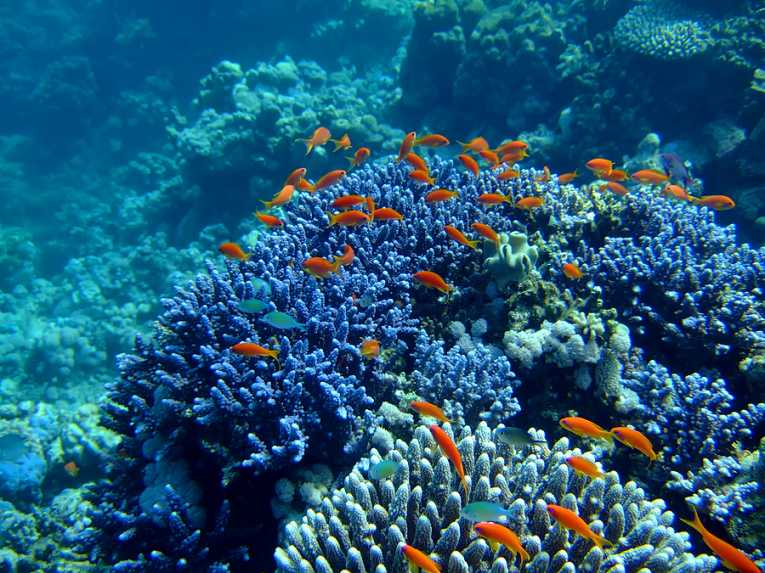The Great Barrier Reef is one of the most popular natural beauty landmarks in the world. Stretching across over 1000 miles the coral that gives it a distinctive pink hue is as attractive to fish and marine wildlife as it is to divers and adventure seekers.
Yet as well as being a vital part of the ecosystem, the coral could also provide humans with a natural source of sunscreen thanks to a three year project by scientists in London.
The study at King's College examined coral's ability to protect itself from harmful UV rays.
Coral within the reef is a living organism. It exists in a unique symbiotic relationship with a form of algae that grows inside it. The algae uses sunlight to provide food for the coral, while living on the coral's waste products. The role of photosynthesis within the process means the coral needs to live close to the surface of the water, raising the risk of sunburn and damage from direct sunlight.However scientists have discovered the algae produces a natural chemical, protecting itself and the coral from the effects of the UV.
Dr Paul Long, Senior Lecturer from the Institute of Pharmaceutical Science at King's College London, who is leading the project, said, "We already knew that coral and some algae can protect themselves from the harsh UV rays in tropical climates by producing their own sunscreens but, until now, we didn't know how."
The team collected samples from the Great Barrier Reef and discovered the compound, as well as benefiting the coral, also moves along the food chain, providing UV protection for fish that feed on it.
Scientists are breaking down the genetic and biochemical process within the compound, raising the possibility to producing a natural pill to protect humans against the harmful effects of the sun.
"We could biosynthetically develop it in the laboratory to create a sunscreen for human use, perhaps in the form of a tablet, which would work in a similar way."
It is believed the tablets could be manufactured within two to five years.
While the natural sunscreen for humans could have tremendous health benefits, it was in fact a by-product of the study. Its ultimate goal is to investigate the potential of the compound to protect crops in the Third World. UV damage can blight a crop, leading to famine and malnutrition. If crops were UV tolerant they could be protected, leading to a more successful harvest and available food.
Top Image Credit: © Good Olga










